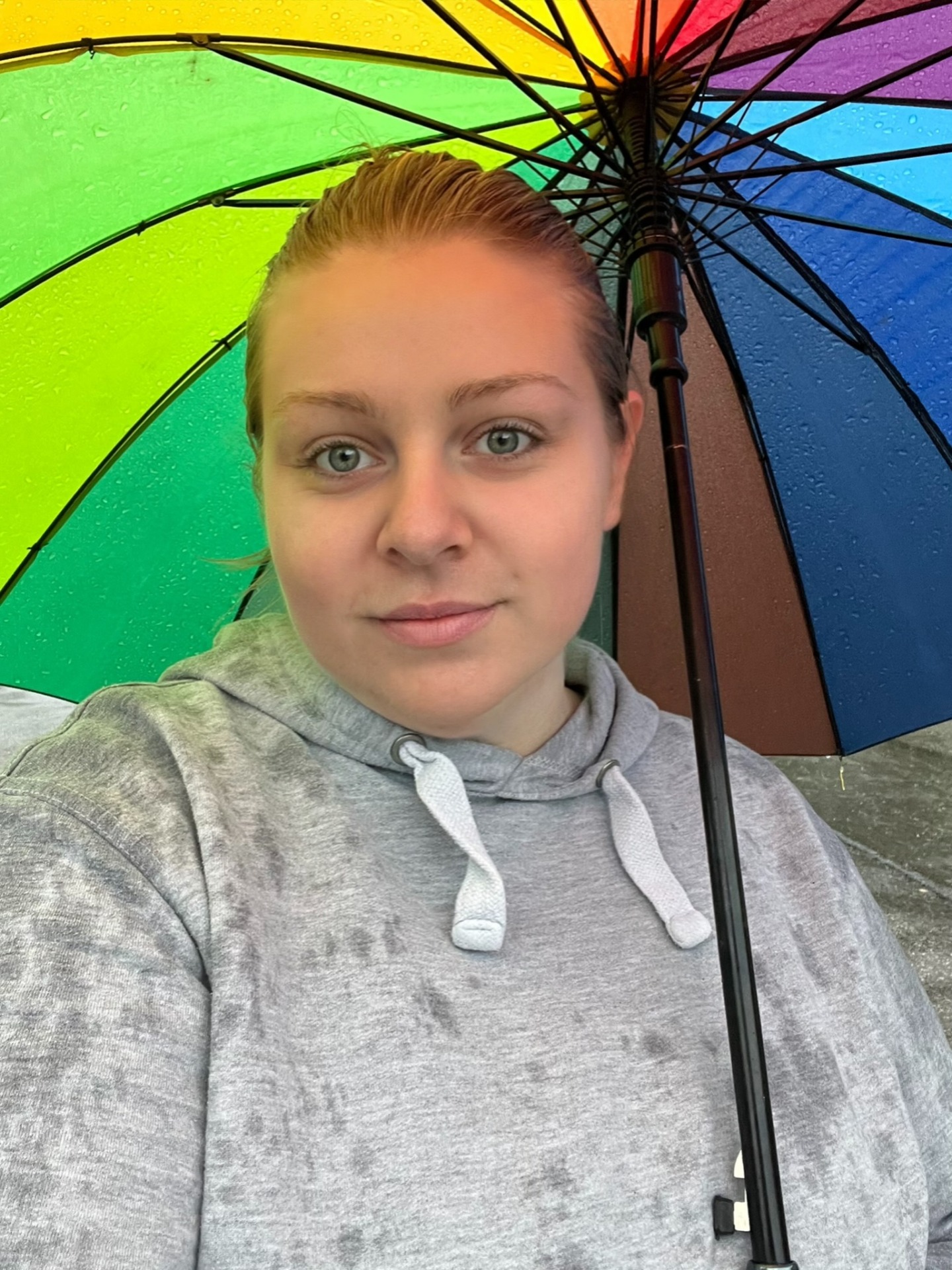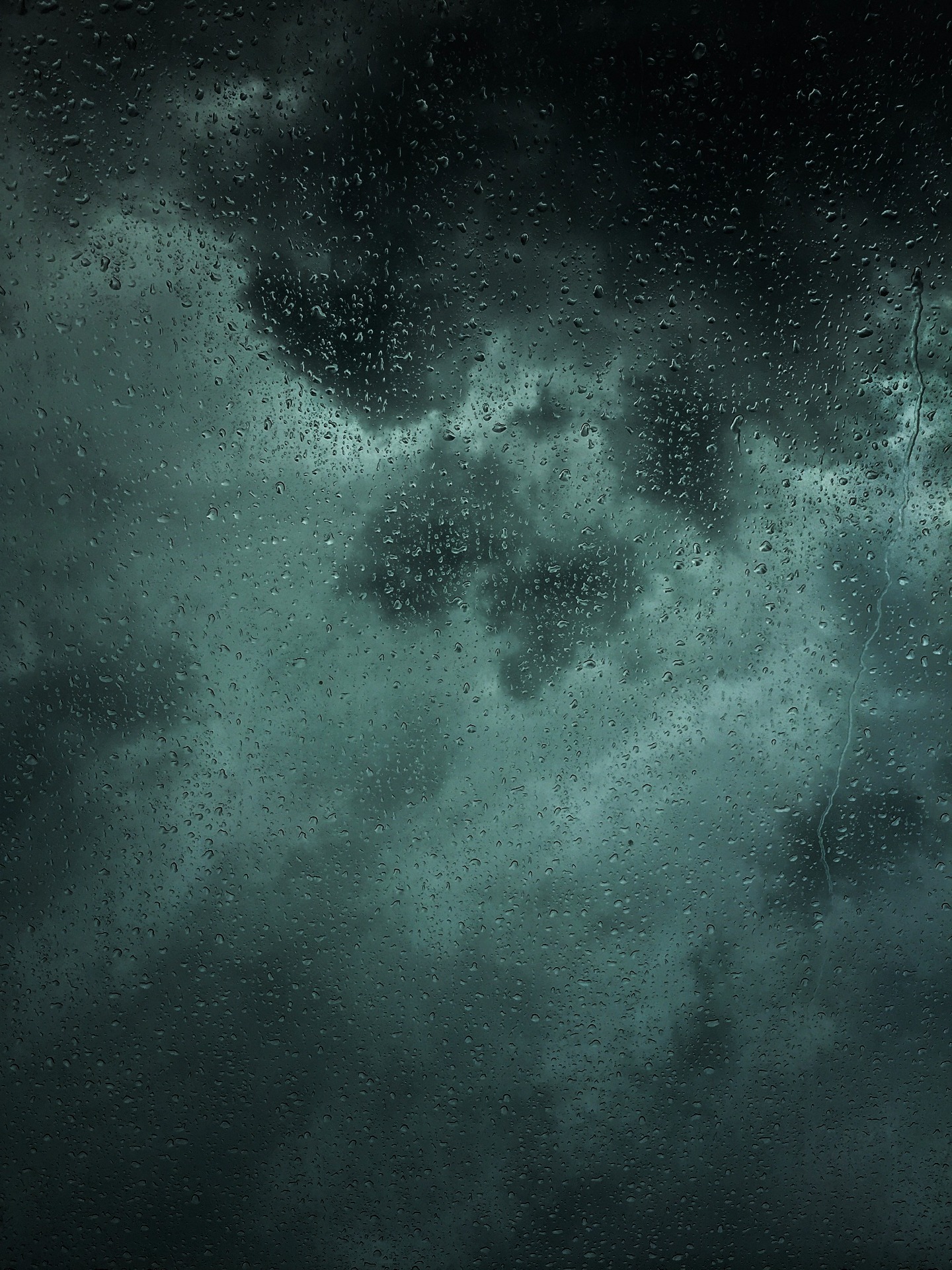
Friendship

I watched a movie today. I had seen it before, but didn't remember it until that iconic scene at the end came up. Funny point, until about a year ago I had this superpower: if I had seen a movie before, I could tell which one it was from the very first frames. Somehow that has faded. Maybe it's because I no longer watch traditional TV. Maybe one day I'll return to it.
The scene I'm talking about was about friendship. One girl was shouting at the other, throwing cruel words at her as if she wanted to hurt her. But her friend saw through it — through the anger disguised as rage — and knew very well that what she was really receiving were the echoes of pain, disappointment, and fury born from the other woman's failed marriage. What struck me was that the friend didn't take the bait: she didn't fight back, didn't get offended or angry. Instead, she stepped closer and wrapped her arms around the girl who was behaving like a fury. Of course, the girl struggled and resisted at first, but slowly gave in. Her anger shifted into sadness, and her words changed almost without her noticing — because she hadn't really been angry at her friend.
My own life has had its "eras," almost like history itself. Carefree childhood, foolish and reckless young adulthood, then the crusades. Then came a new kind of calendar, the "BC/AD" era — though of course I didn't name my offspring Christ. Everything changed after that. I became a mother — the most dangerous and resilient creature, unshakable by outside forces, yet doubting every day whether I'm good enough. And then, finding comfort again when I see a sweet little chubby face sleeping peacefully.
That could have been a peaceful era, but where people exist, Murphy's law always applies. And so my dark ages came. God went on holiday (Bruce Almighty (2003)), and an endless "hundred (okey okey well, three)" years' war began — where my opponents always cheated and rewrote the rules. I lost many battles, and as in any war, I lost both people and resources. But during a random encounter, I once received a piece of advice from a stranger dressed like a guard: "If you want peace, prepare for war." For a long time I didn't understand it, but during those years it became my mantra. Because what I wanted was peace. Not fame, not wealth, not even justice. Just peace.
I kept losing battles, seemingly fighting, all the while following a hidden strategy. Then came my age of enlightenment, when I finally learned how to behave in this struggle. I discovered that there is one thing you must never do: tell the truth. I wasn't obliged to do so — a surprising realization. And then came my own millennium — when everything changed simply because one important number changed. For me, it was my postal code. Just like society twenty-five years ago, I too experienced panic, speculation, apocalyptic moods and optimism, all at once. And then life went on. Peacefully.
Of course, there were problems, tasks and obstacles — and there always will be. But in my millennium, at last, no one wanted to hurt me, nor could they. That is true peace.
Just recently I had to go to the police station. Old traumas from across the border made me anxious, nervous, afraid. And as I sat in the waiting room, a voice whispered: "No one wants to hurt you." And just like a balloon, I deflated. Because the voice was right — here, no one wants to hurt me. Only the shadow of past losses reached after me in the form of a letter. But it can't anymore, and that thought gave me a quiet satisfaction.
I walked in the rain, holding a tiny, soft hand, listening to cheerful chatter trying to express itself in three different languages. With an elegant, easy gesture, I dropped the letter into the recycling bin and stepped on with a smile — to buy an ice cream.
And the reason this film touched me so deeply, the reason I even took up my pen today, is that the greatest loss during my millennium was my friendships. It's true what they say: in war, there are only losers. The only question is whether the loss is worth it. For me — it was.


